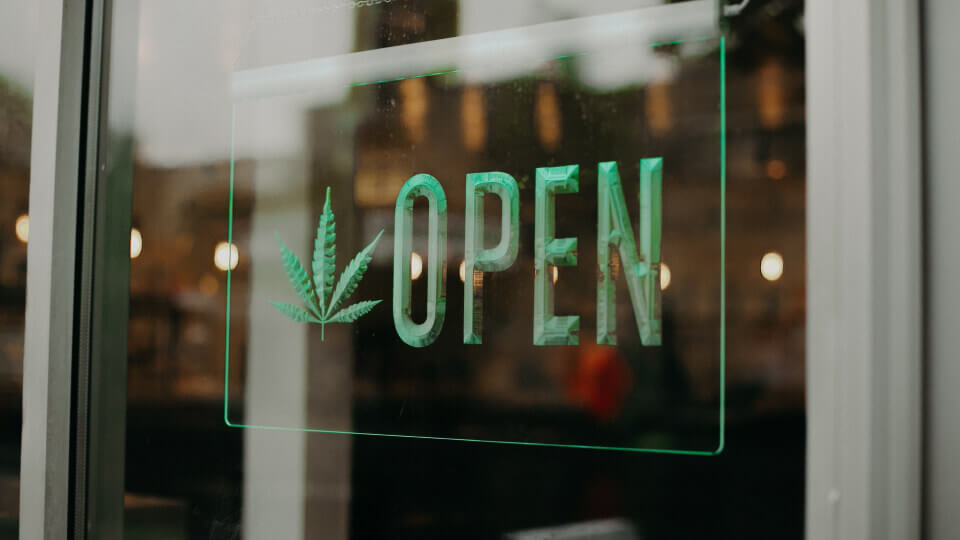
3 min read
Recent Research Shows Notable Reduction In Prescription Drug Use Due To Marijuana Legalization
New research says that prescribed drugs used to tame several conditions ranging from uncontrolled anxiety, to insomnia, muscle pains and uninvited seizures has noticed a significant drop in usage since marijuana got legalized for adult recreational and medical consumption.
Though previous research papers had noticed reductions per se in opioid prescription and usage since marijuana get legalized at state level, the latest published journal from Health Economics showed a significant drop due to this enactment in 10 states, including Washington, D.C.
Researchers made cautious analysis with the data provided from Medicaid on the usage of prescription drugs from 2011 through to 2019. Using the two-way fixed models of studying events, they tried to determine any sort of relation significantly existing between legalizing marijuana to adults for regulatory use and the use of certain prescribed drugs for up to six different conditions.
The analysis show that in states that legalized adult use cannabis there was,
“Significant reductions in the volume of prescriptions within the drug classes that align with the medical indications for pain, depression, anxiety, sleep, psychosis, and seizures,” the result therefore, ”suggests substitution away from prescription drugs and potential cost savings for state Medicaid programs.”
The following can be deducted from the impact legalization of cannabis has affected prescribed drugs; for depression (-11%), for anxiety (-12%), for pain (-8%), for seizures (-10%), for psychosis (-11%), and insomnia (-11%). There hasn’t been any significant change in pharmaceuticals for nausea, spasticity and glaucoma since the enactment of legal cannabis, according to Medicaid.
Although the analysis had major stumbling blocks like the fact that there lacked any individualized data to show that there existed a substitution effect, the researchers said, this study “indicate a potential harm reduction opportunity, as pharmaceutical drugs often come with dangerous side effects or—as with opioids—potential for misuse.”
Researcher at Cornell University, Shyam Raman, who co-authored the study’s paper, said policymakers should notice that, “cannabis laws appear to change consumer behavior while we still do not have a grasp on what a therapeutic ‘dose’ of cannabis really is.” He said this study therefore emphasizes for the government to expand its federal research into cannabis.
Even though prior study papers have been published showing the reduction in pharmaceuticals brought about by regulatory medical cannabis, “it’s fair to say that this new paper shows the scope of potential substitution is broader with adult-use legalization,” and not alone medical cannabis.
Shyam said the study showed the influence recreational cannabis legalization provided, which had no use of any medical professional’s diagnoses or recommendations.
In 2021, a study was published indicating the significant reduction in pharmaceutical dependence relieved since legal medical marijuana got enacted.
A meta-study published in 2020 also predicted this impact/treatment option medical cannabis would provide for conditions like chronic pain, and an alternative for opioid groups of painkillers. Another research showed cannabis lessened symptoms of opioid withdrawal.
Research released in 2019 showed that states who have enacted the legal consumption of medical and recreational cannabis were bound to see a decrease in opioid prescriptions, and an isolated paper showed that daily consumption had an effect on the reduced curve in opioid consumption among chronic pain patients.

